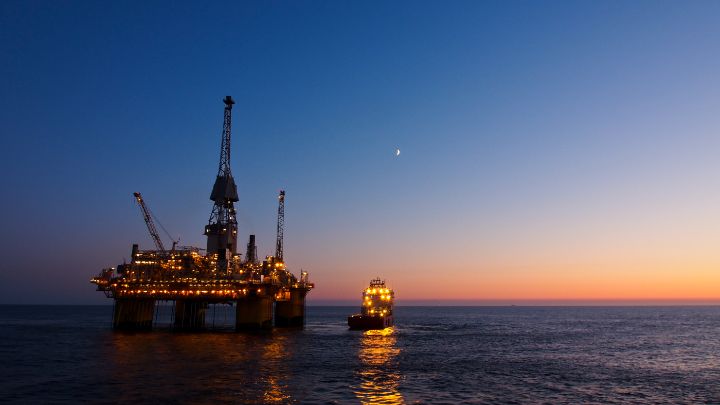Making the right call with data
The waters around the Cape of Africa have long been known for their treacherous conditions, particularly during the winter months in the Southern Hemisphere. The beginning of June 2024 was no exception, as Costamare Bulkers faced significant challenges with two of their ships. Laden bulk carriers, en route from South America to Singapore, encountered a rapidly developing low-pressure system in the southern Atlantic Ocean as they navigated the waters south of South Africa. This unexpected storm led to unanticipated delays, prompting discussions between Costamare and ZeroNorth on how to better manage such situations in the future.
The challenge of rapidly changing weather
The incident highlighted the unpredictable nature of maritime weather patterns, especially around the Cape of Africa. Winter storms in the Southern Hemisphere can develop quickly. creating hazardous conditions for vessels. This particular situation highlights the need for improved weather forecasting and decision-making processes to ensure the safety and efficiency of maritime operations.
Collaborative solutions and implementation
In response to the delays. ZeroNorth and Costamare engaged in a series of brainstorming sessions to develop a more robust workflow for handling adverse weather conditions. ZeroNorth proposed a solution that was promptly agreed upon and implemented. This new workflow aimed to enhance the coordination between weather forecasting teams, ship masters, and commercial operators.
A test of the new workflow
Soon after the new procedures were implemented, another Costamare Bulkers ship faced a similar situation in the same treacherous waters. Thanks to the newly established workflow, ZeroNorth could provide timely advice to the ship’s master and the commercial operator. The recommended course of action was to drift for a couple of days, allowing the vessel to avoid the storm.
Proactive weather monitoring
ZeroNorth’s weather team played a crucial role in this success. By proactively identifying a narrow window for the vessel to sail earlier than initially planned, they managed to save on overall fuel consumption and minimise CO2 emissions. This approach not only ensured the safety of the vessel but also demonstrated the potential for significant environmental benefits through careful planning and data analysis.
“ZeroNorth’s proactive support and dedication have been invaluable. Their timely guidance ensured our vessels’ safety during severe weather, and their efforts in enhancing data quality have significantly improved our reporting accuracy.”
Greg Zbos, Vessel Efficiency and Sustainability Manager at Costamare Bulkers
The broader impact of weather patterns on shipping
The incident with Costamare Bulkers is a microcosm of the broader challenges faced by the shipping industry due to changing global weather patterns. Climate change leads to more frequent and intense storms, altering traditional shipping routes and schedules. As weather patterns become increasingly erratic, the need for advanced data analytics and real-time decision-making becomes even more critical.
Shipping companies must adapt to these changes to maintain operational efficiency and ensure the safety of their vessels and crews. This involves investing in sophisticated weather forecasting tools, enhancing communication channels, and fostering collaboration between different stakeholders in the maritime industry.
The power of data and collaboration
The collaboration between ZeroNorth and Costamare Bulkers serves as a compelling example of how data and teamwork can overcome the challenges posed by unpredictable weather. By leveraging accurate weather data and fostering effective communication, they were able to navigate safely through dangerous conditions, save fuel, and reduce CO2 emissions.
This case highlights the importance of having the right people and tools in place to analyse data and make informed decisions. As the shipping industry continues to face the impacts of climate change, such collaborative efforts will be essential in achieving common goals of safety, efficiency, and environmental sustainability.
The story of Costamare Bulkers and ZeroNorth is a testament to the power of proper planning and data-driven decision-making in maritime operations. It underscores the need for continuous improvement and adaptation in the face of changing weather patterns, ensuring that safety and sustainability remain at the forefront of the shipping industry’s priorities.
Source: ZeroNorth





